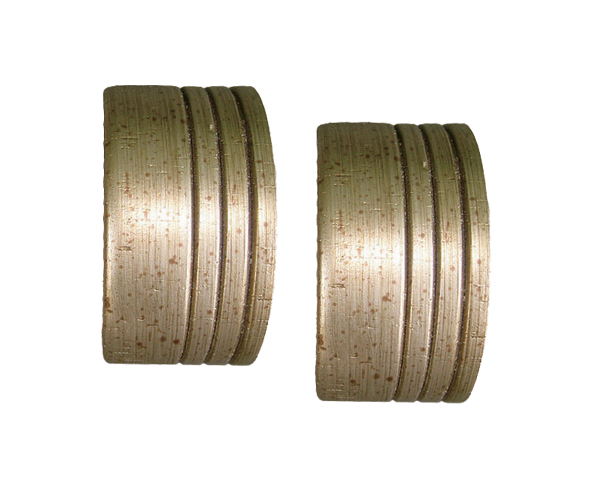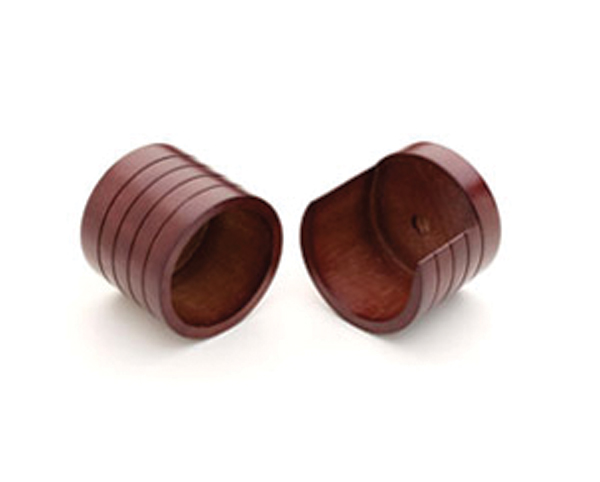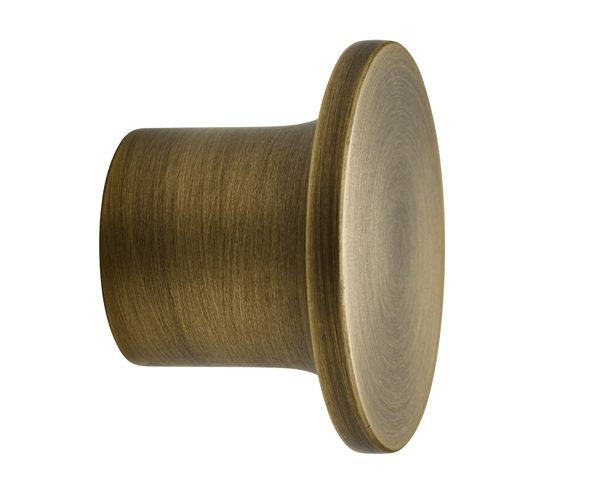Setting A Room's Mood: Choosing The Right Paint Color
Written By: Designer ConsultantPublished: 05-06-2015

There are a variety of theories and tips on how to choose a paint color, but most of them fail to factor in the moods that paint colors create in a room. The colors you choose, whether it is one color or grouped colors, affects the feel of a room. Here is a short guide to help you match colors or schemes with the mood you want to create.
Cool and Warm Colors
There are two broad categories for paint colors. This is your starting point. You will need to decide whether you want cool or warm colors. Cool colors promote relaxation and a calm atmosphere.
They are beneficial for rooms that require intellectual, orderly surroundings. Cool colors include various shades of pure white, blue, and green and are often best suited in kids’ rooms, bedrooms, and home offices.
Warm colors, in contrast, portray warmth and more visual stimulation. They promote romance, physical activity, and socialization. This category includes shades of red, orange, yellow, and red. They are ideal in living rooms, kitchens, dining rooms, and family rooms.
Color Intensity
After choosing a category, you can start thinking about the intensity of colors.
Pastels are pale and are cheery. Bold colors are darker, more aggressive, and tend to stand out while jewel-tones are rich and deep. On the other hand, muted colors are slightly dark in their intensity, but they appear washed out.
Neutral colors are the starting shades that color schemes are built upon. With the intensity, you can be subtle and romantic or playful and exotic by going lighter or darker.
The Room’s Purpose
Think about how the room functions, or will function. If it is a main gathering place, you should choose colors that are inviting, such as warm colors. For rooms that you want to promote relaxation and calmness, you need colors that are cooler.
Many color schemes today include color choices that work together and are often a blend of both warm and cool colors.
Consider Your Furnishings
It is often easier to pick paint colors based on the décor instead of vice versa. You can choose a color that accents or contrasts your furnishings.
For example, the new curtains you picked can be a guide to build on. Choose an accent color found in the pattern or that corresponds to the curtain color. It is much easier to change the color on the wall than it is to replace all the furnishings just to make a color work.
Lighting Effects
The lighting in your home greatly affects how colors look. Start by painting a piece of poster board and moving it around the room during different times of the day and with the lights on and off. Natural and artificial lighting affect how a color looks on the wall.
Setting the mood of a room begins with the paint color. You can change the décor but the color still has the same impact. Choosing paint colors can be simple and it is often the best way to change a room’s feeling. There are a variety of aids to help you decide. Use swatches and sample paint cans to your advantage.






